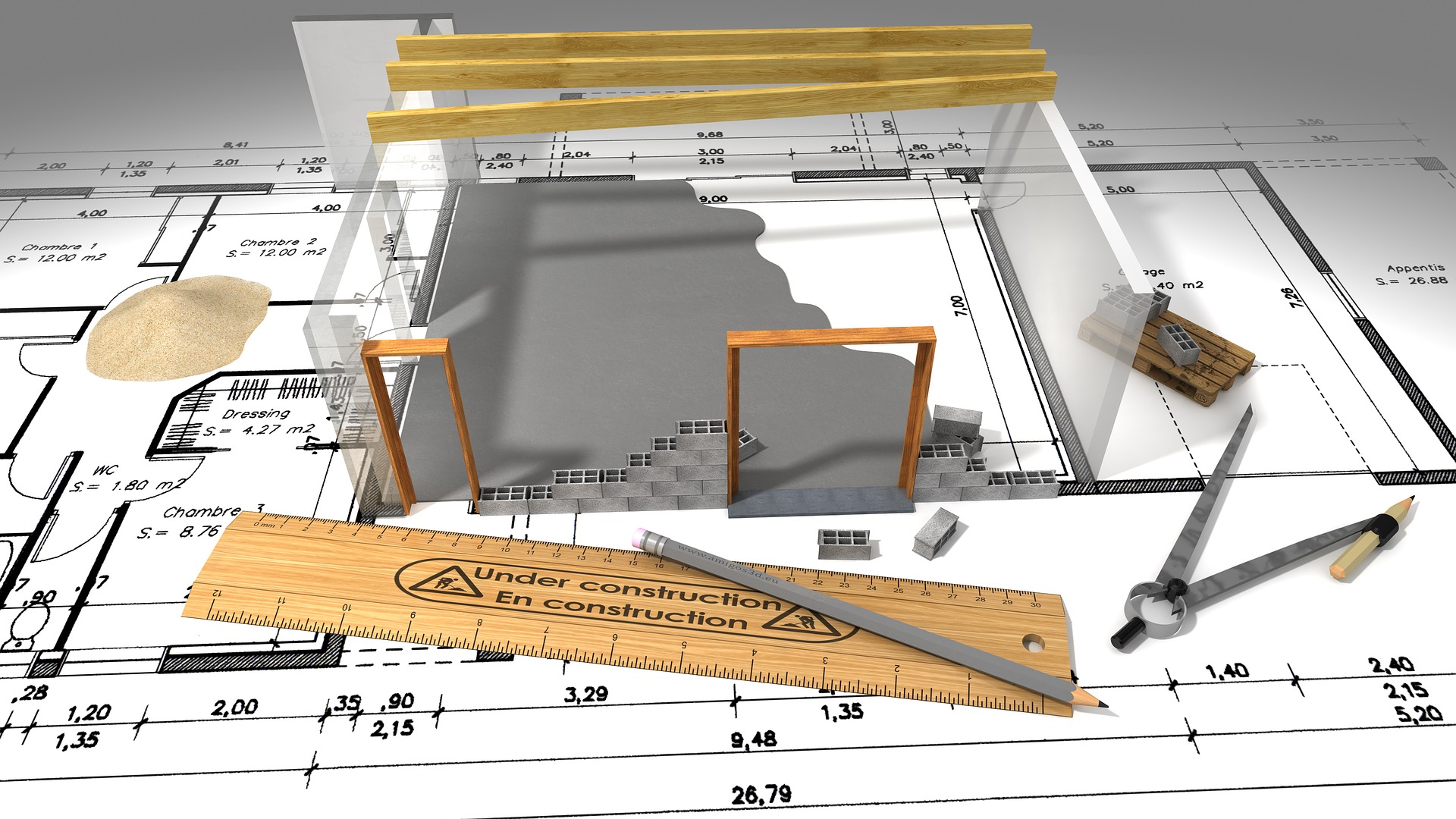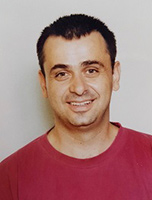
December 21, 2018
This quote from architect Ludwig Mies van der Rohe is an interesting one. At first glance, it seems as though that can’t be the case. The architecture of a building begins much earlier than that, at the design and planning stages, before bricks are even thought about. However, if you delve more deeply into it, it could be that van der Rohe means that the love of architecture starts early. It begins when children are playing with their bricks and building structures.
This is certainly true for many. They decide to be architects from a young age and stick with their plan, learning as much about the profession as they can. For others, it is something that they realize later in life when they first notice that the bricks holding up the world around them are beautiful.
Wherever it comes from, this love of architecture is an important one and here are some of the reasons why you should become an architect.
For an architect, there is no such thing as a ‘job.’ Their love of how buildings are designed and put together is much deeper than that, and they think about architecture and how it all works all of the time. It is their life. They can’t pass a building without trying to work out how it was created and what the thought processes were behind each decision. Big buildings, small buildings, famous buildings, or even nondescript (in most people’s eyes) buildings they see along the way. It doesn’t matter, they just adore what goes into making them.
If this is how you feel, and architecture is more a calling than a career choice, then there is no doubt that becoming an architect is exactly what you should do.
There are relatively few professions where the learning of it is actually something fun. That’s not to say that attending construction management school is easy. You will still need to do a lot of hard work, but the work itself is so interesting and will teach you such a lot about something you already have a passion for, that you certainly won’t mind going to each class and listening attentively to what you are told.
There are practical learning and theoretical learning, often an equal split between the two, and knowing how these two parts fit together is what will make you stand out from the crowd when it comes to finding a job in architecture once you have your qualifications.
Architects are highly respected across the world, even when people aren’t entirely sure of the process that goes on in what they do (or possibly because of this). There is a feeling that architects are intelligent, passionate people who want to try to make the world a better place by creating buildings that use less energy or are ethical in some other way.
It is also often thought that, as opposed to lawyers and even doctors, architects aren’t doing what they do for the money (although that can be a reasonable amount), but because they genuinely care and they love their careers. If you want people to automatically respect you, becoming an architect could be a way for that to happen.
What an architect needs to know today is different to what an architect needed to know 10 years ago, and it will be different to what an architect needs to know in 10 years’ time as well. That’s an exciting prospect for many, as it means that they need to be constantly learning and evolving – they can effectively never get bored of their chosen career.
It also means that they can use technology to stay abreast of these changes and ensure that they are not left behind. Using construction management tools and software, for example, means that you can quickly change how you are working to suit the situation better, and stay at the top of your profession because you will always know exactly what is happening.
As an architect, you will be given instruction and parameters to work on, but most of the work ideas and designs will be entirely yours, and you will have the artistic freedom that many people crave in their work. You won’t be as restrained as other professions can be, meaning that you can truly enjoy what you are doing and never feel that you are ‘selling out’ or not doing exactly what you want to do as much of the time as possible.
 Alec Neufeld is a retired builder, now freelance writer and part-time general fix it man. He has strong opinions on the use of alternate energy and is also an avid sports enthusiast.
Alec Neufeld is a retired builder, now freelance writer and part-time general fix it man. He has strong opinions on the use of alternate energy and is also an avid sports enthusiast.
Scott Ellyson, CEO of East West Manufacturing, brings decades of global manufacturing and supply chain leadership to the conversation. In this episode, he shares practical insights on scaling operations, navigating complexity, and building resilient manufacturing networks in an increasingly connected world.